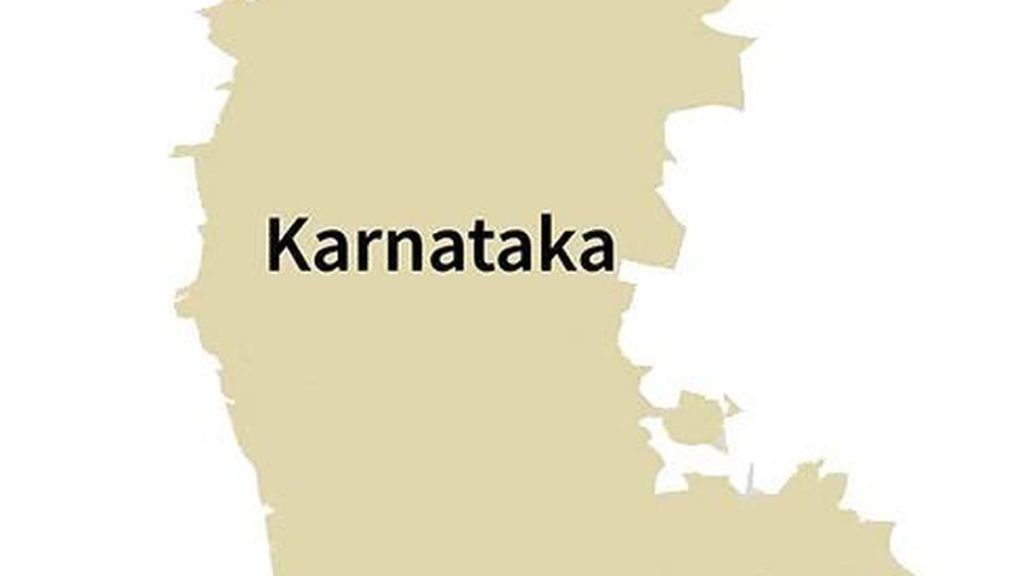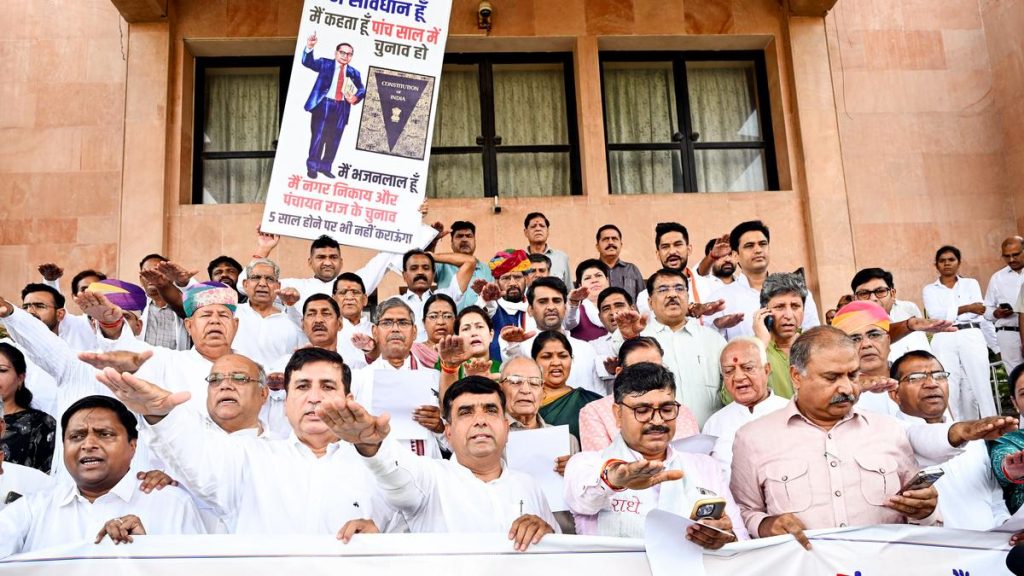Now Reading: Youth Congress Leader Seeks Police Driver’s Inclusion in Kunnamkulam Custodial Assault Case
-
01
Youth Congress Leader Seeks Police Driver’s Inclusion in Kunnamkulam Custodial Assault Case
Youth Congress Leader Seeks Police Driver’s Inclusion in Kunnamkulam Custodial Assault Case

Fast Summary:
- V.S. Sujith, Youth Congress Chovannur mandalam president, has filed a private complaint demanding police driver Suhair’s inclusion as the fifth accused in the Kunnamkulam custodial torture case.
- Earlier, Suhair had been let off due to his absence in CCTV footage; however, Mr.Sujith testified that Suhair inflicted over 30 blows on his legs during the assault.
- The court will re-examine available footage and posted further hearing for september 11.
- Mr. Sujith’s eardrum was reportedly ruptured during the assault, prompting calls for harsher charges against police officers involved.He plans to file another petition for additional legal sections against them.
- Police officers originally suspended include CPOs Sandeep, Shashidharan, K.J. Sajeevan, and sub-inspector Nuhman following a report by DIG Harishankar.
- Congress workers staged a protest march at Pazhayannur gram panchayat office where accused driver suhair is employed as a village extension officer.
- Incident occurred April 5, 2023; Mr. Sujith alleges custodial violence after confronting police officers about their intimidation of friends standing roadside.
Indian Opinion Analysis:
The Kunnamkulam custodial torture case underscores persistent concerns about human rights standards within law enforcement agencies in India and accountability mechanisms therein. The move to request harsher charges signifies an evolving trend toward seeking stricter judicial action in cases involving state misconduct rather than settling matters through administrative suspension alone-a step that needs careful judicial scrutiny to ensure fair outcomes for all parties involved.
The protests reflect rising public frustration over perceived abuse of power and may act as catalysts for broader reforms in policing practices if sustained pressure builds from civil society groups or political stakeholders like Congress workers involved here.
Revisiting evidence such as CCTV footage highlights the importance of obvious investigations-accessibility of impartial evidence could serve not only justice but also aid systemic corrections across similar cases nationwide if leveraged judiciously by policymakers or advocacy bodies.
Read more: [link provided]























